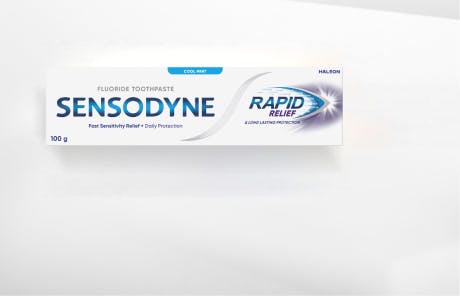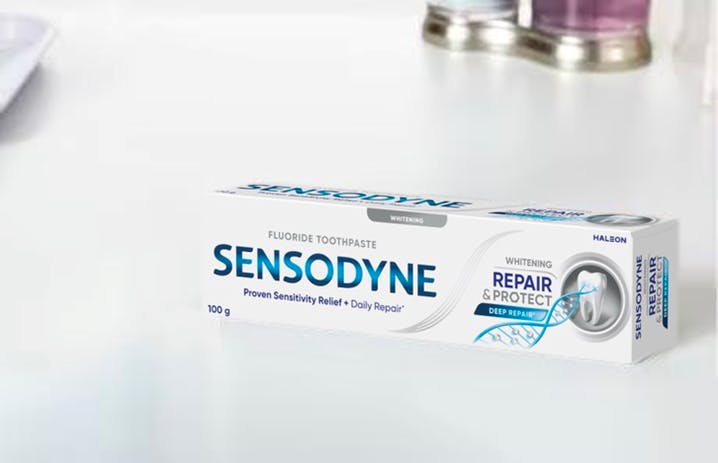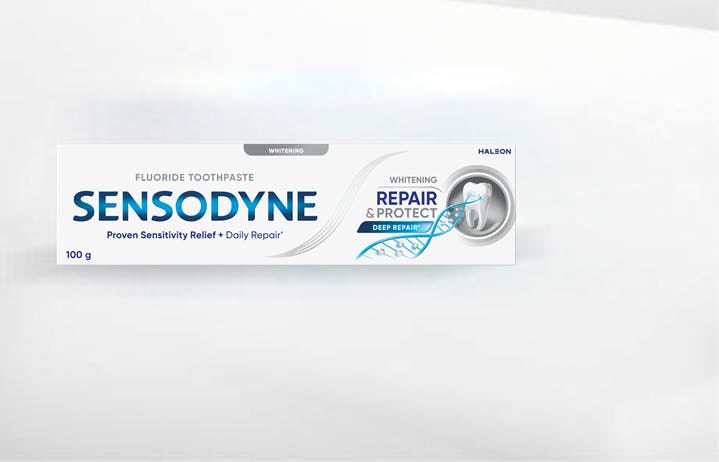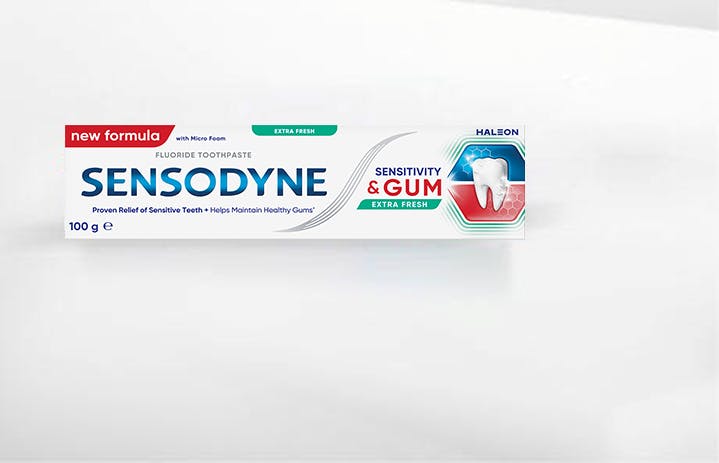Sensitivity After a Trip to the Dentist
You might find that your teeth are more sensitive after you’ve visited the dentist. Recent dental work, including restorations, crowns, fillings and even a routine scale and clean can sometimes result in sensitive teeth. Your dentist will normally advise if the treatment you are undertaking may cause sensitivity and will suggest ways that you can minimise the discomfort.1
Sensitivity after a cavity filling
Sometimes dental work can inflame the sensitive pulp inside the tooth, causing temporary sensitivity to hot and cold food. This usually resolves within a few weeks but see your dentist if the pain persists or worsens.2

Sensitivity after a deep clean
During a deep clean, your dentist will remove plaque and tartar above and below the gumline. After deep cleaning, your gums may feel tender and your teeth may feel sensitive for up to a week.3
Sensitivity after whitening
Professional whitening may involve painting your teeth with a high concentration of bleach, which may be activated with a UV light or laser for immediate results. After whitening, you teeth may feel more sensitive to hot and cold food but this usually lasts for about two days.4

Sensitivity after veneers
Veneers are thin layers of material that cover the front of your teeth to improve their appearance. In order to apply a veneer, your dentist will first remove a thin layer of enamel from the tooth so that the veneer does not stick out. As some of the enamel is removed, the affected teeth may feel sensitive to temperature following the procedure.6
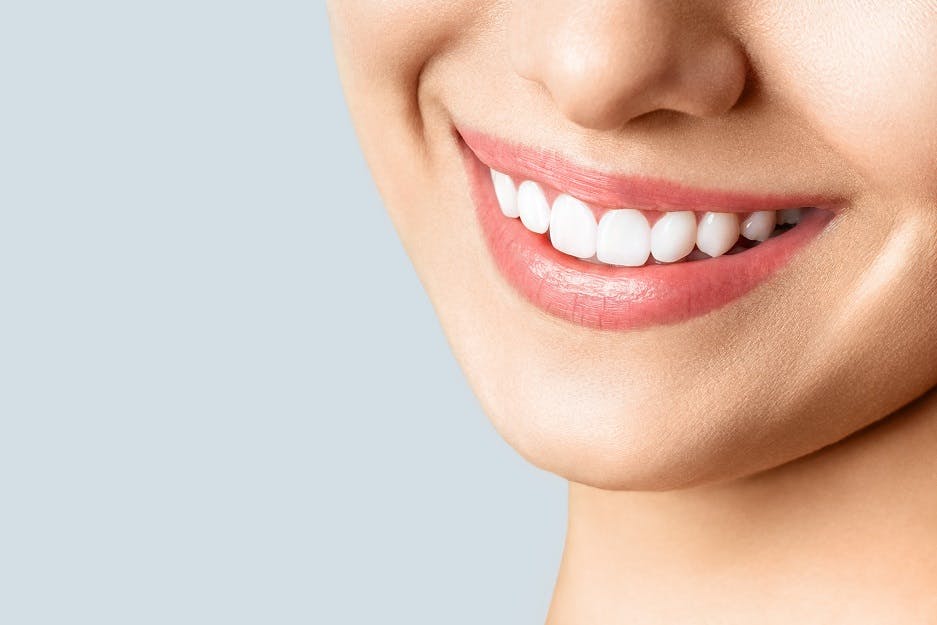
Aftercare for sensitive teeth
Always use a soft toothbrush and consider using toothpaste specially designed for sensitive teeth, such as Sensodyne, as a part of your daily routine. When you eat or drink something acidic, it’s best to rinse your mouth with water and chew sugar-free gum afterwards, waiting at least 60 minutes before brushing.1
Maintaining a daily routine and booking regular checkups with your dentist will help you to manage your tooth sensitivity. Don’t be afraid of the dentist and make sure you let them know if you’re suffering from sensitive teeth.1


